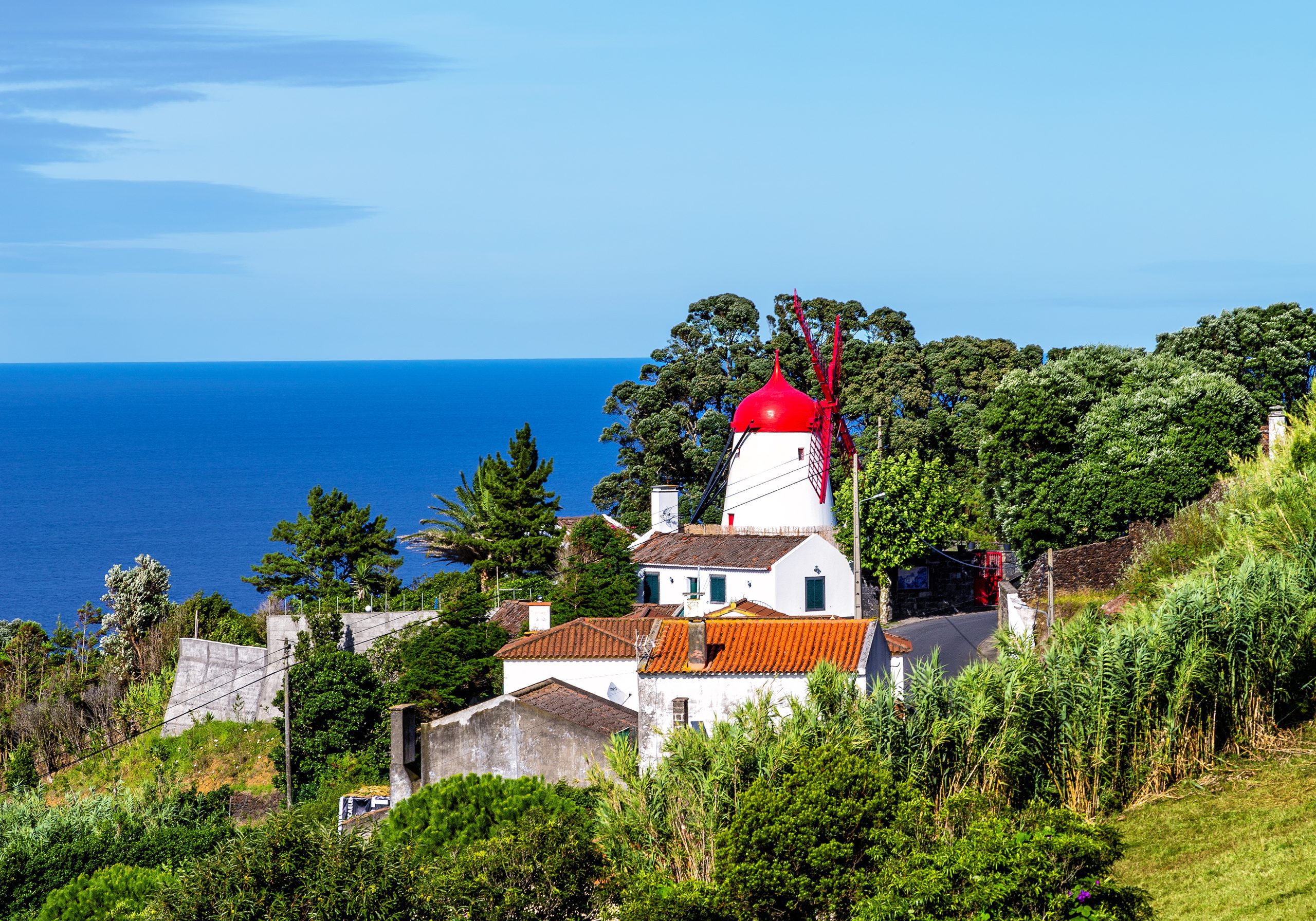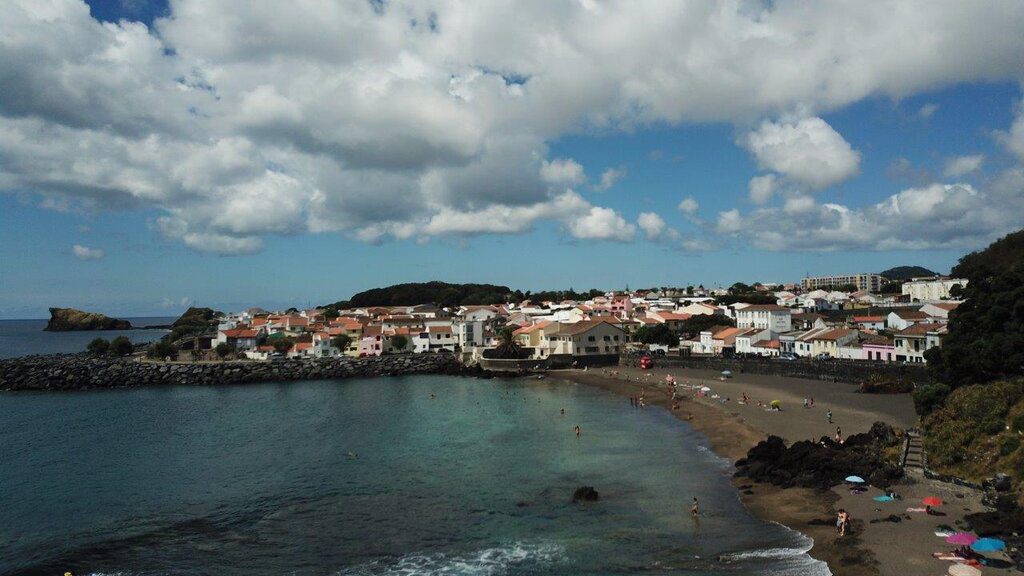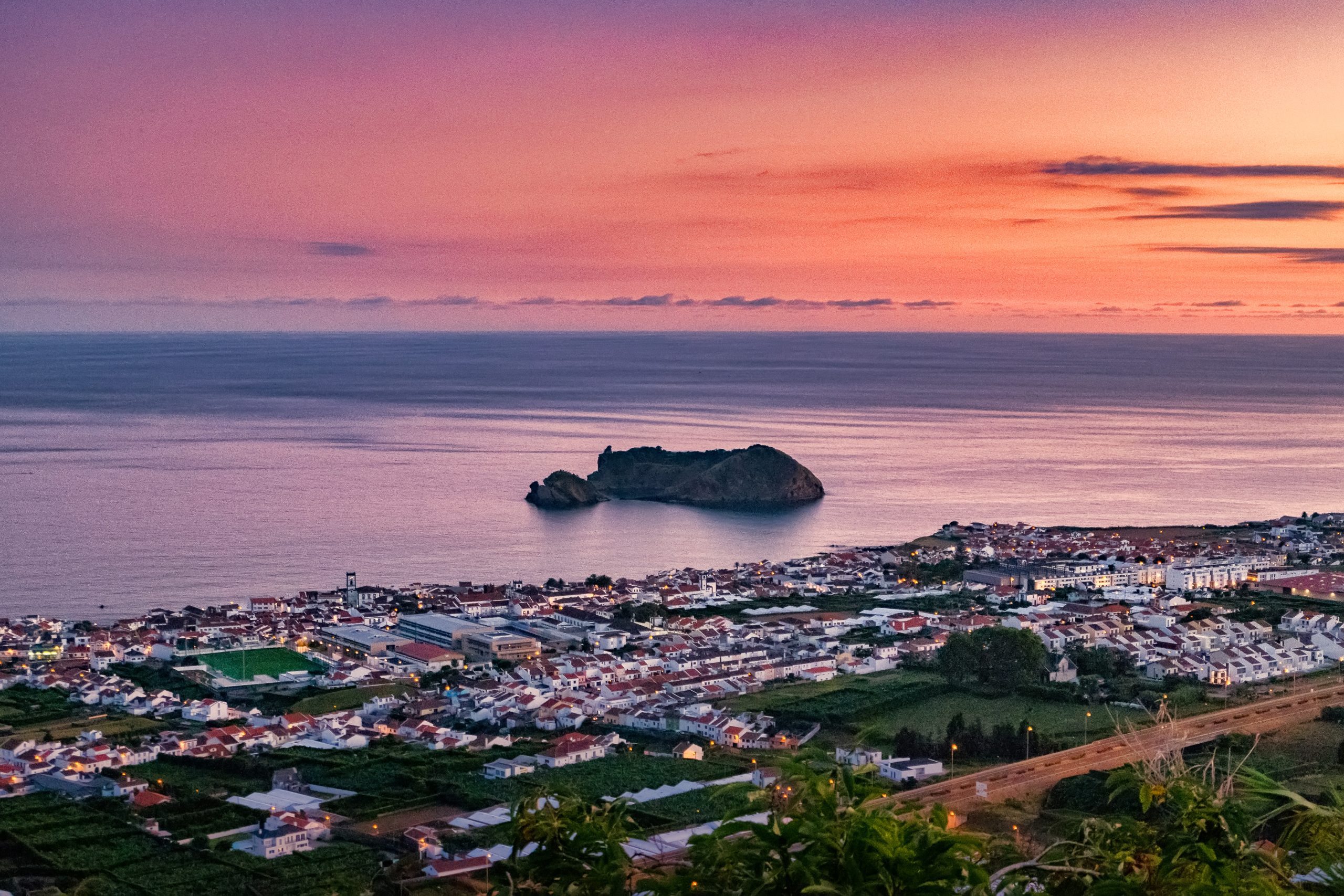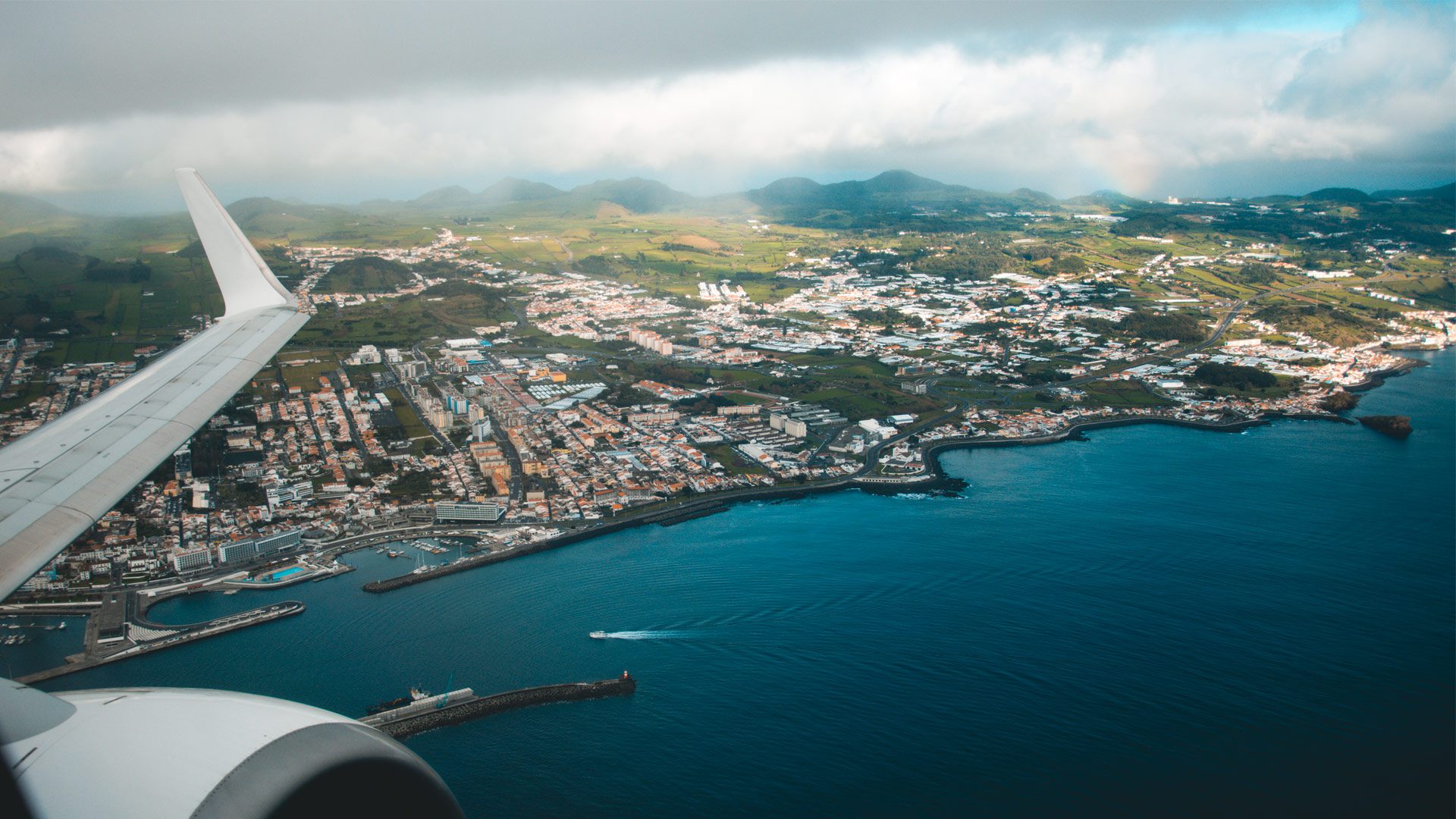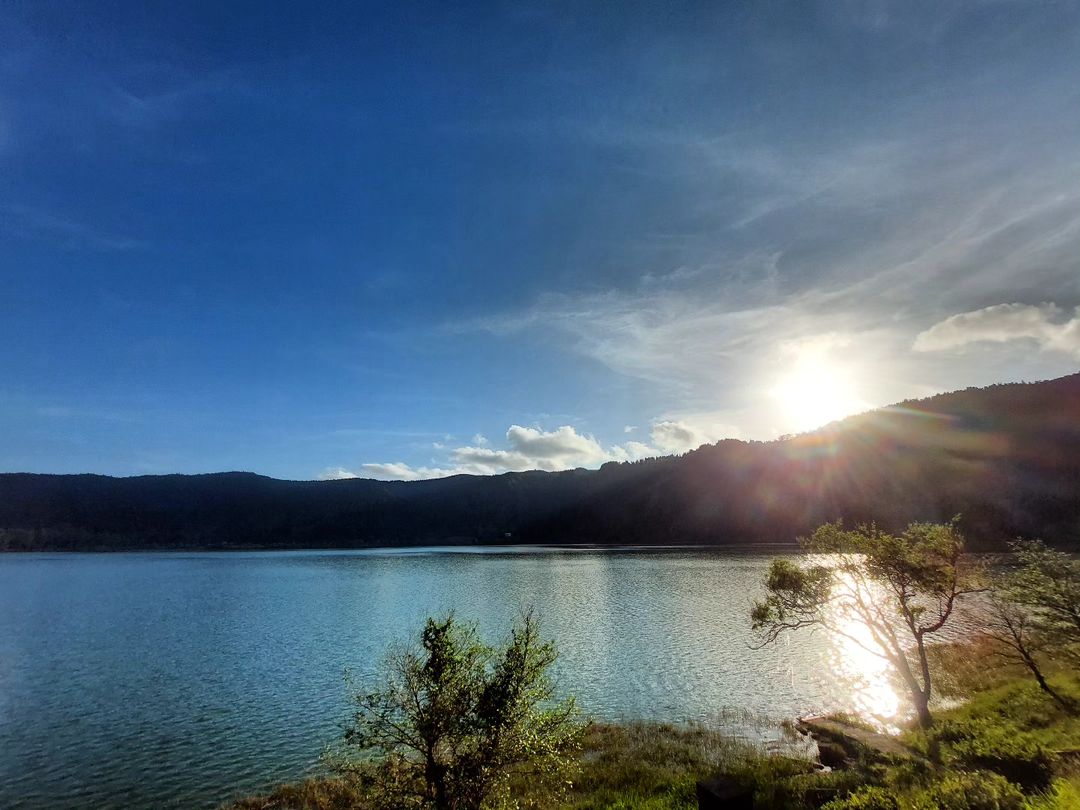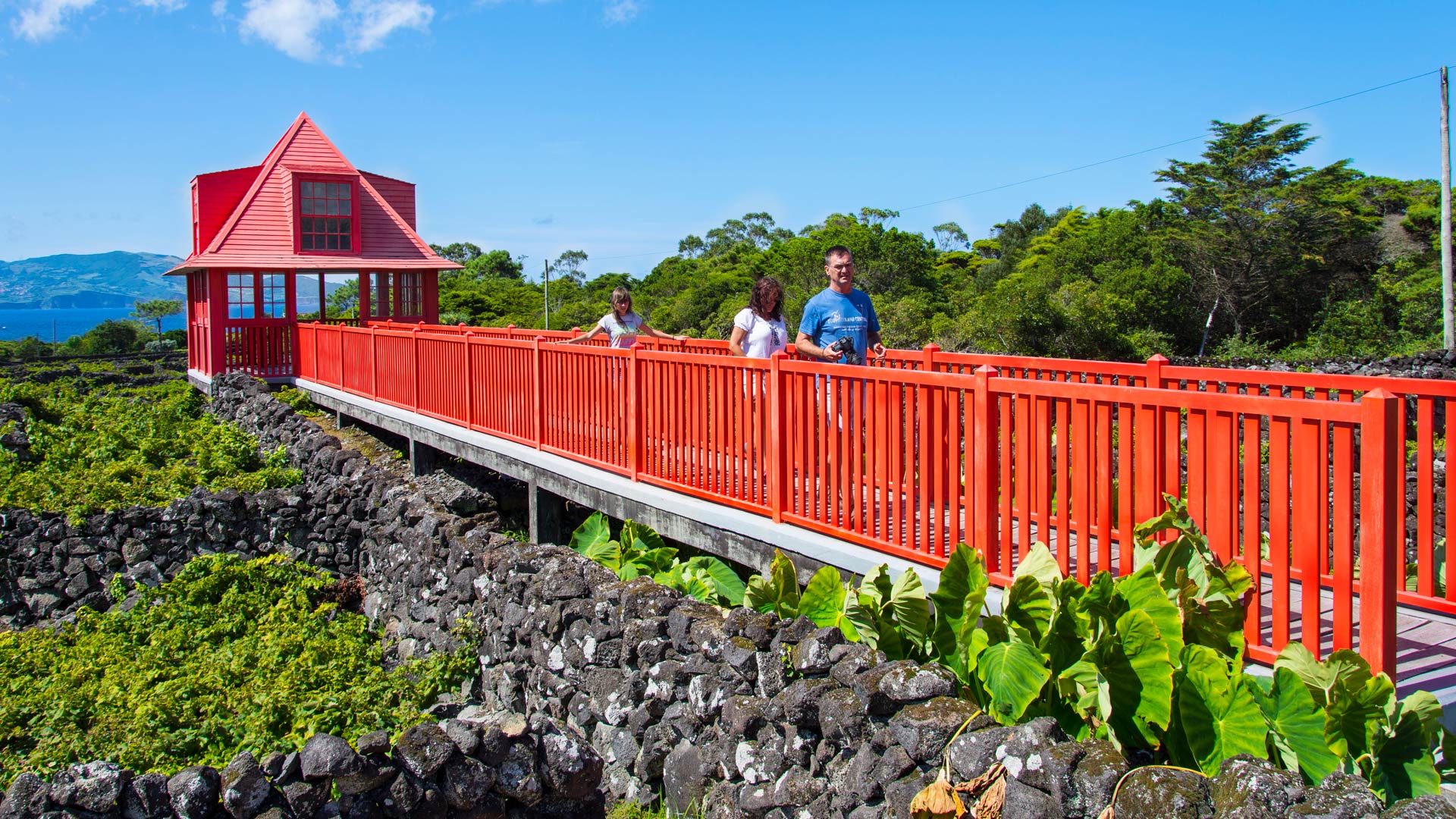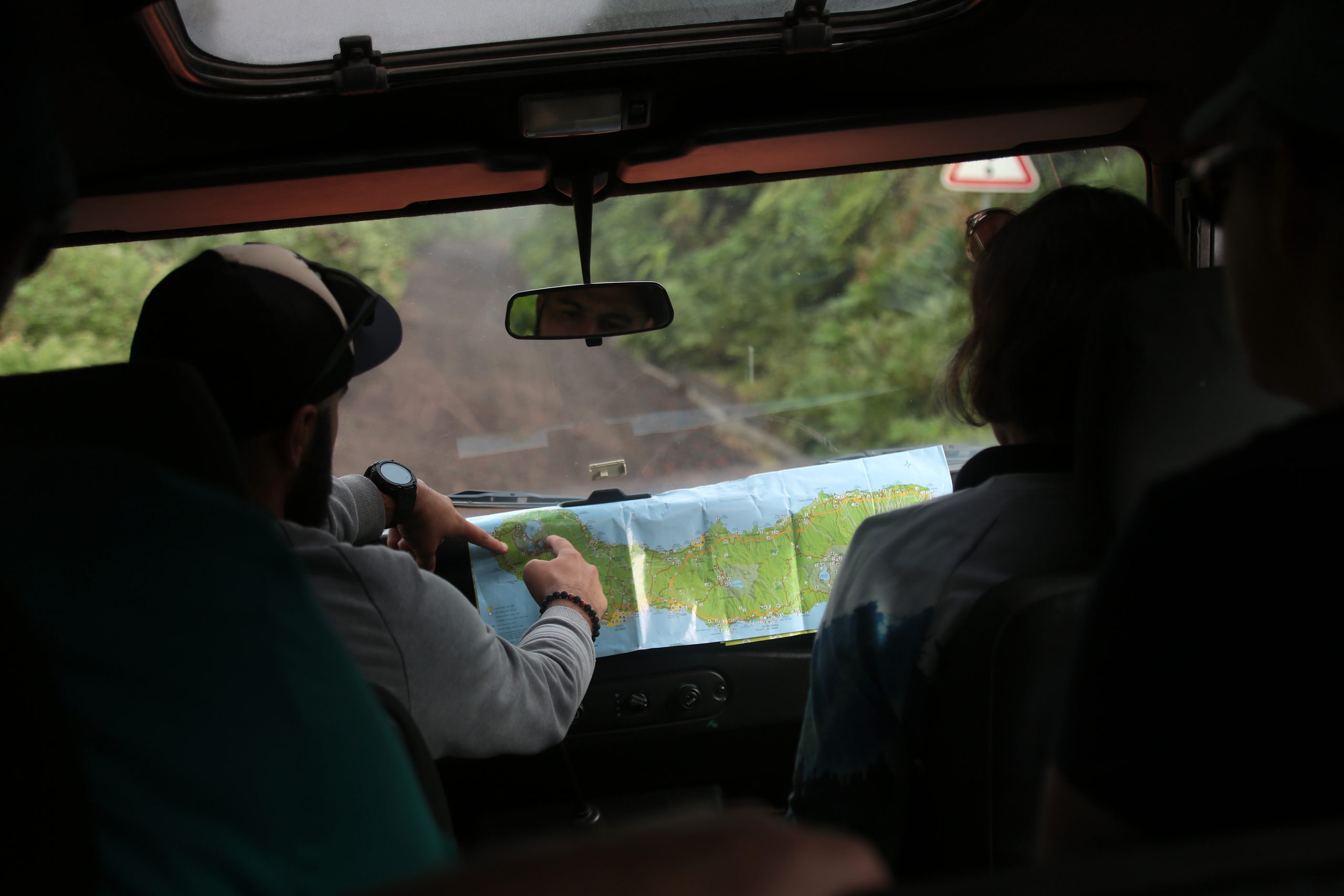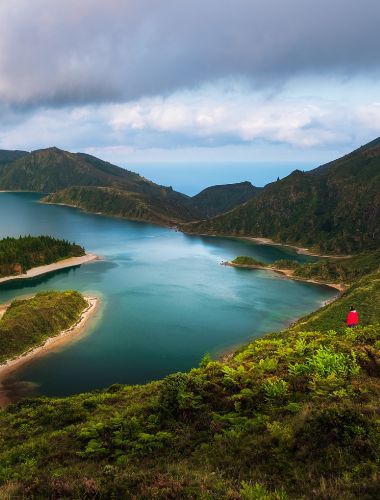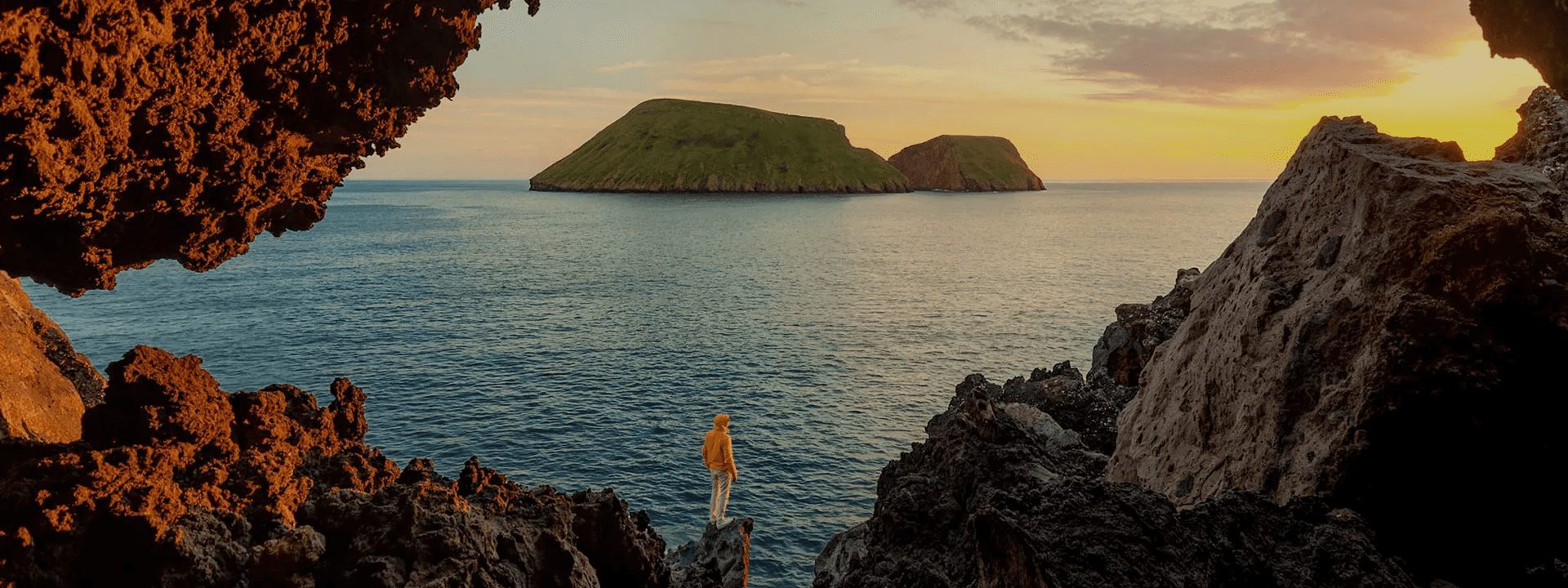The Azores Archipelago is the ideal destination for those who enjoy traveling in close contact with nature and seek to relax from everyday stress. Like mainland Portugal, it is a safe place (low crime rate), and health services are very competent, so that you can feel at ease throughout your stay in the archipelago. In this short article, we will provide medical and safety tips relevant to your trip.
Emergency Services in the Azores
If you need to call the Police, an ambulance, or the Fire Department, dial 112 for emergency services. Yes, this is the same number used across the European Union!
If I Need a Doctor, Where Should I Go?
In the main islands of the Azores Archipelago, you will find several health centers available for urgent and non-urgent medical care, with or without an appointment. Additionally, regardless of which island you’re on, you can visit the many pharmacies open 24 hours to purchase medication with or without a prescription. However, if it’s a medical emergency, call 112 or go directly to the nearest hospital for specialized care!
Should I Get Travel Health Insurance When Visiting the Azores?
Regardless of the destination, including the Azores, it is always recommended to get travel insurance for your trip. The Azores are known for their natural beauty, magnificent trails, and waterfalls. Because of this, there is always a higher risk of sprains and minor injuries during hikes. Remember, if you are a citizen of the European Union (EU) or the European Economic Area (EEA), you can present the European Health Insurance Card when visiting a medical center or hospital.
Safety Tips During Your Visit to the Azores Archipelago

The Azores are very popular with both local and international tourists, especially for their natural attractions. Therefore, here are some tips to ensure your visit is as relaxed as possible:
- Pay Attention to the Weather Forecast: The Azores have a tropical climate, meaning the weather can change quickly in a matter of hours. Regardless of the season, always pay attention to weather forecasts when doing long-distance trails or other outdoor activities.
- Trail and Hiking Care: There are trails with different levels of difficulty and terrains. We recommend wearing appropriate footwear, comfortable clothing for both rain and sun, and carrying a backpack with water, a portable charger, and a map in case you lose your mobile signal. Trails are usually well-marked, so it is not advisable to venture off recommended paths or hike alone.
- Thermal Springs and Volcanic Areas Safety: Several islands have unique thermal springs, which are a must-see during your visit to the Azores. However, they can pose extra risks. Respect the signs, don’t cross safety barriers, and avoid stepping on areas with boiling water.
- Personal Safety: The Azores are very safe, but it’s always a good idea to take some precautions, such as not leaving valuables visible in your car and avoiding walking alone at night in poorly lit areas.
- Beach Safety: If you plan to swim in the ocean, look for beaches with lifeguards. There may be currents, riptides, and jellyfish that can pose a danger to your safety.
- Be Aware of Earthquakes: The archipelago experiences frequent but low-magnitude earthquakes that are often barely perceptible. However, if you feel a tremor, seek shelter, avoid windows, and, if possible, move to open areas away from streams and cliffs.
👉 Related Article: Best Beaches in the Azores Islands
Complementary Information
Best Season to Visit the Azores
The Azores Archipelago boasts a unique climate that shapes its lush landscapes, making it a splendid year-round destination. With mild temperatures and minimal fluctuations, each season offers something unique. Spring averages 16 °C, summer reaches 21 °C, autumn cools to 18 °C, and winter remains mild at 14 °C.
→ For a detailed breakdown of the weather by month, check the following links 🌤️☔️: January | February | March | April | May | June | July | August | September | October | November | December
How to Get to the Azores
The Azorean Archipelago is easily accessible through numerous flight routes. Lisbon and Porto are the main entry points to the continent, with direct flights available to São Miguel (PDL), Terceira (TER), Faial (HOR), Pico (PIX), and Santa Maria (SMA). To find the best flight, use search engines like eDreams or Skyscanner. These platforms let you compare prices and schedules from multiple airlines in one convenient location.
For more details on how to get to the Azores, take a look at our complete guide. But what if you want to explore beyond your arrival island? We’ve got you covered!
- Azores airports 🛬
- Flights between islands ✈️
- Ferries between islands ⛴️
- Which island to choose? 🏝️
- What airlines fly to the Azores? 🛩️
→ Once you’ve found the perfect route, book your tickets and get ready to experience one of the world’s most stunning island groups!
Travel Essentials
Essential Information for your Azores trip: Azorean Language & Phrases 🗣️ | Currency & Banks 💵 | Credit Cards & Traveler’s Cheques 🏧 | Driving in the Azores 🚗 | Electricity 🔌 | Experiences & Tours 🗺️ | Health & Safety 🩺 | Internet & Wi-Fi Access 🛜 | Phones & Mobile Service 📞 | Post Offices & Buying Stamps ✉️ | Public Holidays 🏖️ | Shopping 🛒 | Time & Daylight 🕒 | Whale Watching Guide 🐳 | Best Island to Visit 🏞️
Useful Tools & Apps
The weather in the Azores can be variable, so it’s helpful to use some apps before visiting the islands. Spotazores provides live camera feeds from the main tourist attractions, allowing you to check the weather and plan your visit. For accurate weather predictions, use Windy or Windguru — they provide the most reliable predictions.
In Summary…
The Azores Archipelago is a paradise destination that deserves a visit at least once in your lifetime. However, as with any destination, there are precautions to consider to ensure your trip goes smoothly and without surprises.
From using appropriate equipment and following signage rules to having travel health insurance, these small details can help in an emergency. Moreover, remember that the Azores have a tropical climate. You should always have a raincoat in your backpack — even during the summer.




